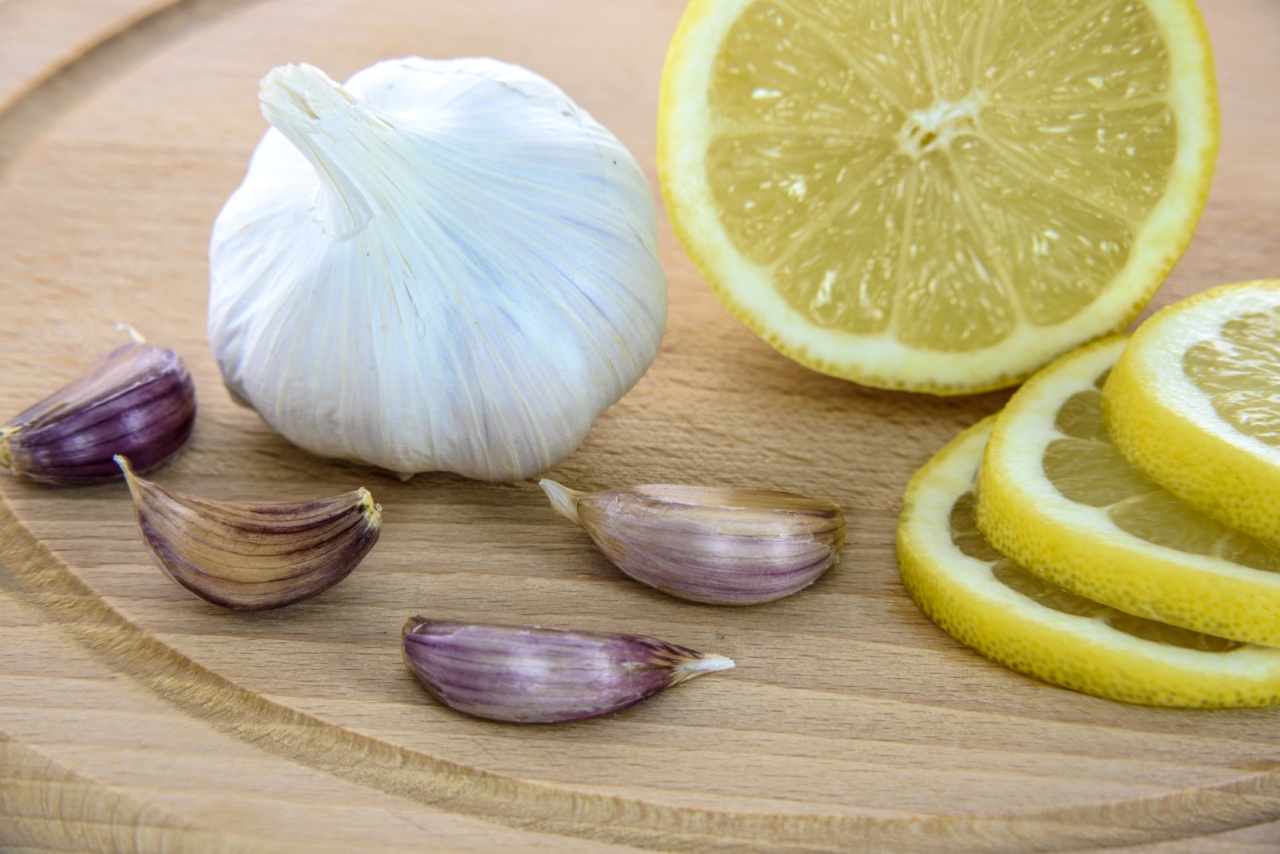Digestive ulcers are wounds or sores that develop in the lining of the stomach or small intestine, causing pain and discomfort.
While medication can help manage the symptoms, proper nutrition plays a crucial role in healing and preventing the recurrence of digestive ulcers. In this article, we’ll explore the best foods to eat and avoid to heal digestive ulcers naturally.
The role of nutrition in healing digestive ulcers
The food you eat can either exacerbate digestive ulcers or promote healing. That’s because certain foods can increase stomach acid production or irritate the lining of the stomach or intestine, worsening the symptoms of ulcers.
On the other hand, other foods can reduce inflammation, promote the growth of healthy gut bacteria, and soothe the digestive tract.
Foods to eat to heal digestive ulcers
Here are some foods that can help heal digestive ulcers and promote gut health:.
1. Probiotic-rich foods
Probiotics are beneficial bacteria that can help restore the balance of gut flora and reduce inflammation. Some of the best sources of probiotics include:.
- Yogurt
- Buttermilk
- Kefir
- Miso
- Kombucha
- Sauerkraut
- Kimchi
2. Fiber-rich foods
Fiber can help promote regular bowel movements and reduce the risk of constipation, which can worsen digestive ulcers. Some of the best sources of fiber include:.
- Whole grains, such as brown rice, oatmeal, and quinoa
- Fruits, such as apples, berries, and oranges
- Vegetables, such as broccoli, Brussels sprouts, and sweet potatoes
- Legumes, such as lentils, chickpeas, and kidney beans
3. Anti-inflammatory foods
Inflammation is a common feature of digestive ulcers. Some foods can help reduce inflammation in the gut, including:.
- Fatty fish, such as salmon, tuna, and sardines, which are rich in anti-inflammatory omega-3 fatty acids
- Leafy greens, such as spinach, kale, and chard, which are rich in antioxidants and other anti-inflammatory compounds
- Turmeric, which contains curcumin, a potent anti-inflammatory compound
- Ginger, which can help soothe the digestive tract
4. Vitamin-rich foods
Vitamins are essential nutrients that can help support the healing of digestive ulcers. Some of the best sources of vitamins include:.
- Vitamin A: sweet potatoes, carrots, spinach, and kale
- Vitamin C: citrus fruits, berries, and bell peppers
- Vitamin E: almonds, sunflower seeds, and avocado
- Vitamin K: leafy greens, such as spinach and kale
Foods to avoid to heal digestive ulcers
While certain foods can promote healing, others can exacerbate the symptoms of digestive ulcers. Here are some foods to avoid:.
1. Spicy foods
Spicy or acidic foods can irritate the lining of the stomach or intestine, worsening the symptoms of ulcers. Some of the worst culprits include:.
- Hot peppers
- Tomatoes
- Citrus fruits
- Vinegar
- Alcohol
2. Dairy products
While some dairy products, such as yogurt, can be beneficial for digestive ulcers, others can exacerbate the symptoms. If you’re lactose intolerant or have trouble digesting dairy, it’s best to avoid:.
- Milk
- Cheese
- Ice cream
- Cream
3. Fried or greasy foods
Fried or greasy foods can slow down digestion and worsen the symptoms of digestive ulcers. Some of the worst offenders include:.
- Fried chicken
- Burgers
- Pizza
- French fries
4. Caffeine and chocolate
Caffeine and chocolate can increase stomach acid production and worsen the symptoms of digestive ulcers. If you’re trying to heal an ulcer, it’s best to avoid:.
- Coffee
- Tea
- Chocolate
Tips for healing digestive ulcers with nutrition
In addition to eating the right foods and avoiding the wrong ones, there are some tips you can follow to promote healing and prevent the recurrence of digestive ulcers:.





























